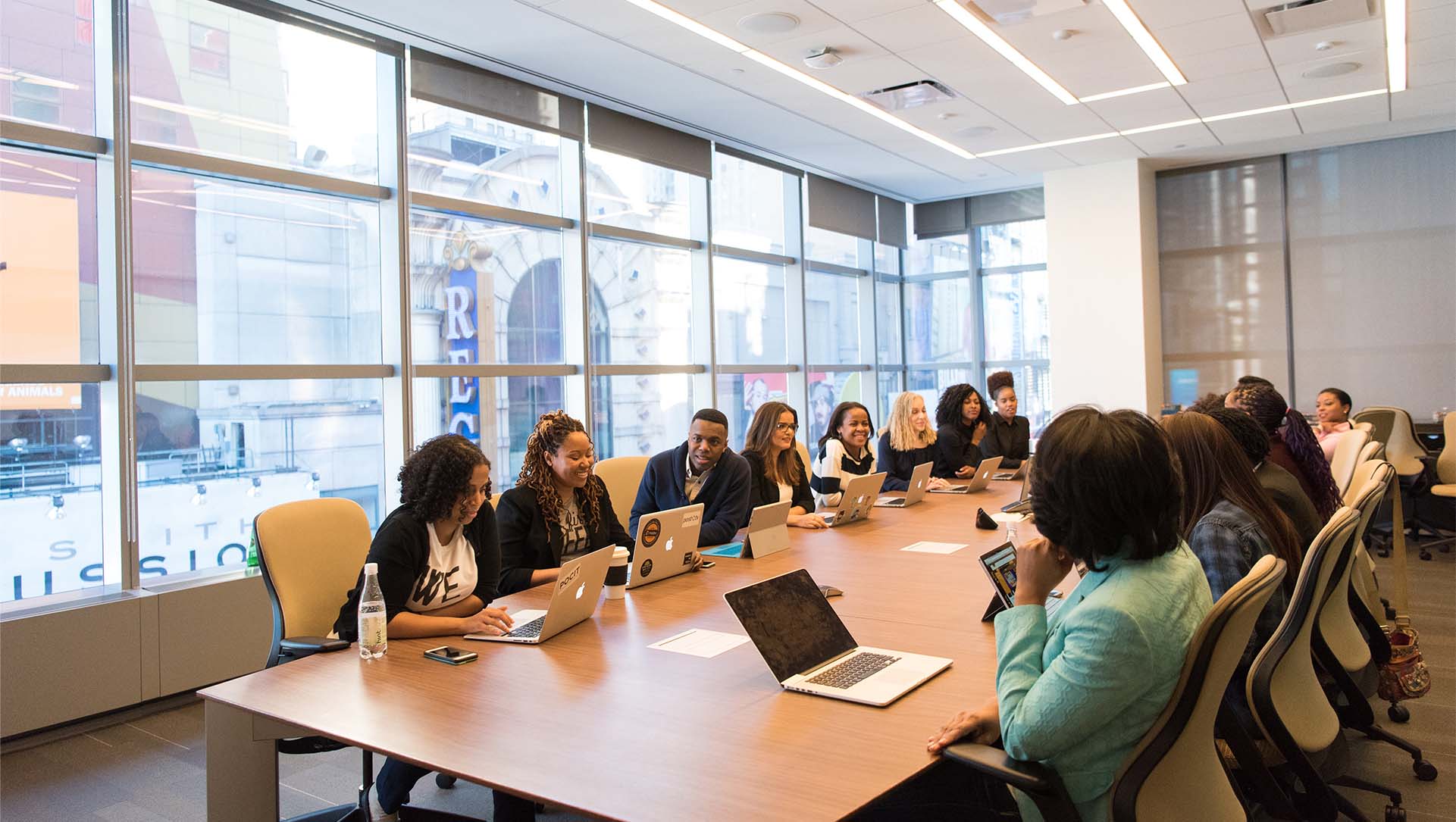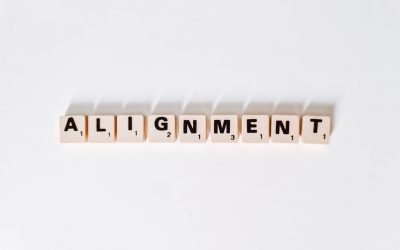Programme Assurance Resources
Procurement For Programmes
The information in this guide is intended for general purposes only. For more specific guidance around your organisation’s projects, please get in touch with our team.
In this section, you will find:
- Why procurement for a programme is higher stakes
- Who is involved in procurement for a programme?
- Things to look at closely for a supplier to a large programme
- How the programme framework protects the business during procurement stage
- How does reporting work for procurement initiatives?
- Are there still stakeholder sign offs required for procurement?
- When is the procurement completed?
- Where to learn more about procurement within New Zealand’s public sector
- Getting assurance around procurement
- Where to next?
- Latest Programme Assurance Articles
Luckily, New Zealand has plenty of very talented procurement experts that ensure the process of researching, RFP, short listing and ultimately the decision making is thorough. As quality assurance providers, we can wrap that extra layer of confidence around procurement teams and the wider business, to make sure that every known angle is being explored.
In this guide, we talk to the topic of procurement in more detail, and how these decisions ultimately affect the programme’s success.

Why procurement for a programme is higher stakes
Whilst organisations can simply engage vendors at the project level only and make changes between projects, there’s much to gain from the efficiency of a consistent vendor(s) across the life of the programme – reducing the onboarding process entirely being just one example.
Who is involved in procurement for a programme?
Contract negotiations will often be done by the senior procurement role in the business, but these will be fed heavily by senior leadership generally. As far as the final call to go with a supplier and sign on the dotted line, this will be done by one or multiple ‘decision owners’ who ultimately make the call. Decision owner isn’t a job title, but a function played by someone in the business.
Things to look at closely for a supplier to a large programme
Long term suppliers across many years are an extension of your business. As such, there are many considerations to make before committing. Here’s just some of these in no particular order:
- Does the vendor have a good history with other organisations in long term programmes?
- Is there a close alignment in values and culture?
- How long have the vendor’s people been in the business for?
- Is their pricing fair but also open to adapt to changes to business needs long into the future?
- Can they demonstrate depth of knowledge in all the areas you may need them for?
- Do they complement your own internal teams?
- Are they able to commit to a good cadence of meetings?
- Does the supplier have the right strategic and leadership personnel to work with programme owners and senior leadership?
- Do they demonstrate a good understanding of your requirements both at a functional project level but also the strategic objectives?
- Are they clear lines of escalation if required?
- Can they work well with other 3rd party suppliers without fear of IP sharing or conflict of interest?
References are an essential part of the procurement process as you’ll get a sense of what long term relationships were like with other businesses. The first 6 months to a year is often the best foot forward, the best programme partners are those that remain effective and reliable years down the track.
How the programme framework protects the business during procurement stage
Programme and project methodologies when applied effectively in a business put a sturdy framework around how things are conducted – or ‘governance’. With good governance, the programme has a well-defined scope and outcomes. This enables everyone involved in procurement to refer back to these objectives as a means for decision making around the search for and appointment of suppliers.
A well-realised scope can help the procurement process by:
- Giving steer around the non-negotiable requirements a supplier needs to offer.
- The things that are not needed by a supplier (out of scope)
- The budget range that the organisation has to work with to complete the work.
- A clear brief to the supplier around delivery
- Set deadlines and timeframes that potential suppliers must meet to engage.
- Some strategic context for suppliers to know ultimately what change in the client’s business they’re helping to affect.
How does reporting work for procurement initiatives?
Reporting in this stage will have a strong financial element, especially once the proposals are received. But there will also be a need to communicate progress to stakeholders around the potential options for suppliers and any roadblocks that need to be worked through with the support of the business.
Are there still stakeholder sign offs required for procurement
Stakeholder sign off isn’t just about money though. Senior leadership and business unit leaders are typically part of the final decision making process and signing off contracts. The procurement manager or team don’t usually make the final signature, but circulate this to key roles in the business to do so. They are most responsible for the day to day management of firming up the contract details and being the go between for negotiation.

When is the procurement completed?
Where to learn more about procurement within New Zealand’s public sector
There is an excellent guide online by the NZ government that explains the process and best practices in relation to public sector procurement. You can read this over at the Procurement.govt.nz website.
Getting assurance around procurement
Are you finding that your organisation’s programmes are having challenges with translating strategic outcomes into good procurement documentation and practices? Our team can help all parties involved to establish a coherent programme scope and plan that will be much easier for procurement teams to work with. We also help before this stage with business case development. If you’re interested in learning more about how we may be able to help your programme, get in touch today.
Where to next?
Read our other programme resources:
Digital transformation programmes
Programmes are often based on enabling large scale transformation. We explain...
Learn More >>
Building a programme governance model
Governance helps an organisational programme run more smoothly. We ...
Procurement for programmes
Procurement relies upon expertise and processes to get right. A well planned...
Learn More >>
What is Change Management?
Influencing and ultimately coordinating change is not straight forward. In this guide...
Learn More >>
Long term budget planning for programmes
How do you effectively budget for long term programmes, with deliverables...
Learn More >>
Public sector and programme management
How does a large programme of work differ in the public sector vs. private enterprise?
Learn More >>
Latest Programme Assurance Articles
The Relationship Between Programmes And Projects
Many of the workforce have contributed towards projects, but it’s common to not have a full picture of how projects and programmes interrelate, and indeed how the both contribute towards making positive changes.
What it takes to lead a successful organisational programme
Programmes are high stakes and complex. Guiding a programme to success requires a number of qualities from its leaders and organisation.
How To Align The Business Around A Programme
Creating cohesion between parts of the business is crucial for a programme’s success. We cover some ways to approach this challenge.
How assurance on a programme differs from project QA
Conducting assurance on a programme requires a broader, more strategic perspective than a review of a project. We explore this difference and others in this article.
Project and Programme Managers – What Keeps You Up At Night?
There’s no doubt that being responsible for a project or programme can be a high stress job at times. Oftentimes that business activity is directly related to a key organisational outcome, with success of the project having knock on effects to the future of the business.
Explore our other QA services
Get In Touch
IQANZ Limited
Level 2, PSA House
11 Aurora Terrace
PO Box 11-757 Wellington,
New Zealand
04 473 4340
info@iqanz.com

















